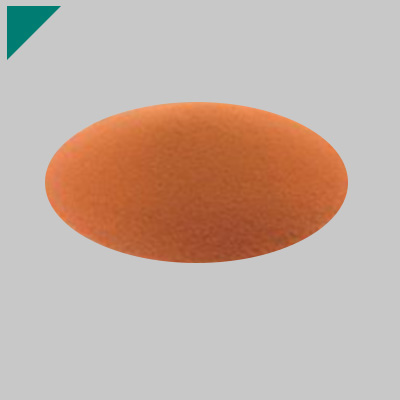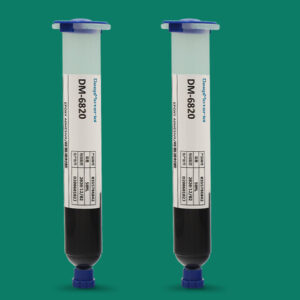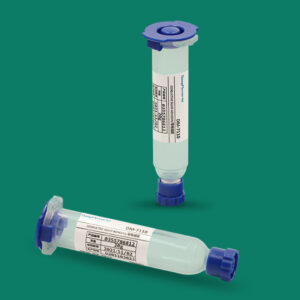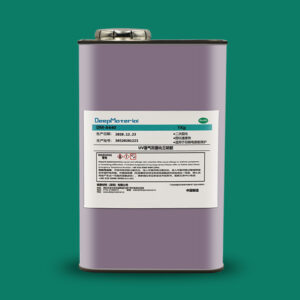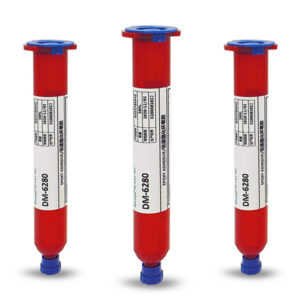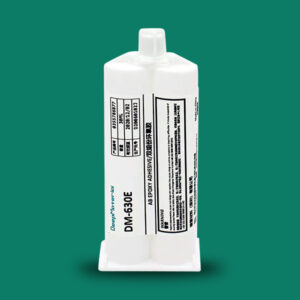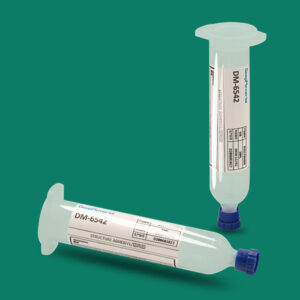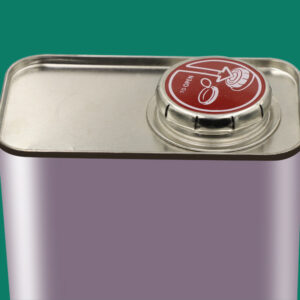Understanding Insulating Epoxy : Properties, Applications, and Benefits
Understanding Insulating Epoxy : Properties, Applications, and Benefits
Epoxy is a popular material used in a variety of industries due to its versatility, durability, and strength. Insulating epoxy, in particular, has become increasingly important in recent years due to its ability to provide electrical insulation.
This article will explore the characteristics of Insulating epoxy, its applications, benefits, and factors to consider when choosing the right material. Additionally, we will compare it to other materials and discuss potential advancements in Insulating epoxy technology.

Properties of Insulating Epoxy
Insulating epoxy has a unique set of properties that make it ideal for certain applications. These properties can be divided into four main categories:
Chemical and physical characteristics
Insulating epoxy is typically composed of a resin and a hardener. The specific chemical makeup can vary depending on the manufacturer and intended use. In general, Insulating epoxy has a low viscosity, which allows for easy mixing and application. It also has a high chemical resistance, making it resistant to degradation by acids, bases, and other chemicals.
Thermal stability
Insulating epoxy can withstand high temperatures without breaking down or losing its properties. This makes it great for use in applications where high temperatures may be encountered, such as in the aerospace industry or in electronic devices.
Electrical insulation properties
One of the primary benefits of Insulating epoxy is its ability to insulate against electricity. This is due to its high dielectric strength, which allows it to resist electrical current and prevent the flow of electricity. Insulating epoxy is often used in electronic components and wiring to prevent electrical shorts.
Adhesion strength
It is known for possessing excellent adhesion strength, which means that it can bond well to a variety of surfaces. This is important in applications where the epoxy will be used to adhere two surfaces together, such as in construction or in the automotive industry.
Applications of Insulating Epoxy
Insulating epoxy has a wide range of applications across various industries. Some of the common applications include:
Electronics and electrical components
Insulating epoxy is frequently used in the electronics industry for applications such as circuit boards, microchips, and wiring. Its high dielectric strength and electrical insulation properties make it an ideal material for preventing electrical shorts and protecting against electrical damage.
Aerospace and aviation
It is also commonly used in the aerospace and aviation industries for applications such as composite materials, adhesives, and coatings. Its thermal stability and high strength-to-weight ratio make it a valuable material for aircraft components such as wings, fuselages, and engine parts.
Automotive and transportation
It can also be used in the automotive and transportation industries for a variety of applications, including adhesives, coatings, and composite materials. Its high strength and excellent adhesion make it ideal for bonding and sealing parts such as body panels and windshields.
Construction and infrastructure
Insulating epoxy is frequently used in the construction industry like flooring, coatings, and adhesives. Its high strength as well as durability make it perfect for use in structural applications like tunnels, bridges, and buildings.
Medical devices
Insulating epoxy is also used in the medical device industry for applications such as implants, prosthetics, and dental materials. Its biocompatibility and ability to be sterilized make it an ideal material for use in medical devices that come into contact with the human body.
These are just a few examples of the many applications of Insulating epoxy. Its versatility, durability, and unique properties make it a valuable material in a wide range of industries.
Benefits of Insulating Epoxy
Insulating epoxy offers several benefits in various applications, including:
Improved safety
Insulating epoxy provides excellent electrical insulation, making it ideal for applications where electrical safety is a concern. It helps prevent electrical shorts and shocks, reducing the risk of electrical hazards and improving overall safety.
Enhanced performance
It can improve the performance of components by providing strength and durability, as well as resistance to environmental factors such as moisture, heat, and chemicals. This can lead to longer-lasting components and improved overall performance.
Increased durability
It is highly resistant to wear and tear, as well as corrosion and other forms of degradation. This makes it a valuable material in applications where components are exposed to harsh environments, such as aerospace and automotive industries.
Resistance to environmental factors
Insulating epoxy is highly resistant to environmental factors such as moisture, heat, and chemicals. This makes it an ideal material for use in harsh environments, such as industrial settings, where components are exposed to these factors.
By offering these benefits, Insulating epoxy can help improve the safety, performance, and durability of components in a wide range of applications, from electronics to construction. Its unique properties make it a valuable material that can improve the quality and reliability of products and components.
Factors to Consider When Choosing Insulating Epoxy
Choosing the right Insulating epoxy for a particular application requires careful consideration of several factors, including:
Type of application
The specific application for which the Insulating epoxy will be used will impact the choice of epoxy. Different applications may require different formulations of epoxy, such as those with different curing times or viscosities.
Operating conditions
The conditions in which the epoxy will be used must also be taken into account. For example, if the epoxy will be exposed to high temperatures, it is important to choose an epoxy with good thermal stability. Similarly, if the epoxy will be exposed to chemicals, it is important to choose an epoxy with good chemical resistance.
Performance requirements
The desired performance of the epoxy must also be considered. Different epoxies may have varying levels of strength, adhesion, and flexibility, among other properties. It is important to choose an epoxy that meets the performance requirements for the specific application.

Conclusion
Insulating epoxy is a versatile material that offers a range of benefits in various applications, from electronics to construction. Its unique properties, including high electrical insulation, thermal stability, and resistance to environmental factors, make it a valuable material that can improve the safety, performance, and durability of components.
For more about insulating epoxy,you can pay a visit to DeepMaterial at https://www.epoxyadhesiveglue.com/best-insulating-epoxy-adhesive-glue-for-metal-to-metal-strong-bonds/ for more info.



